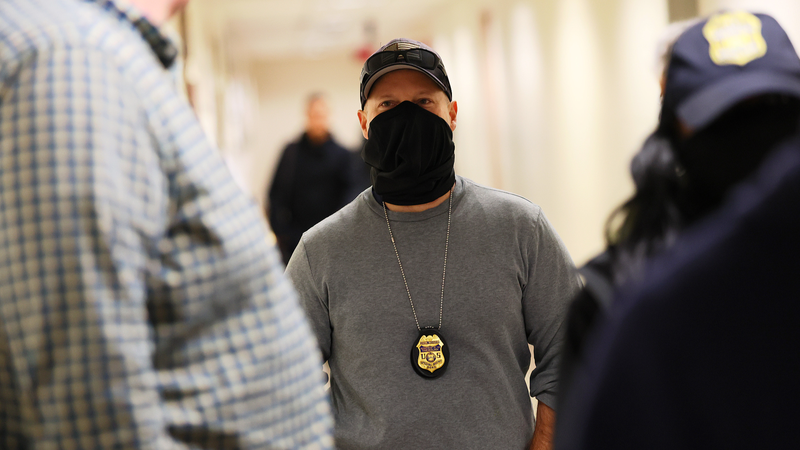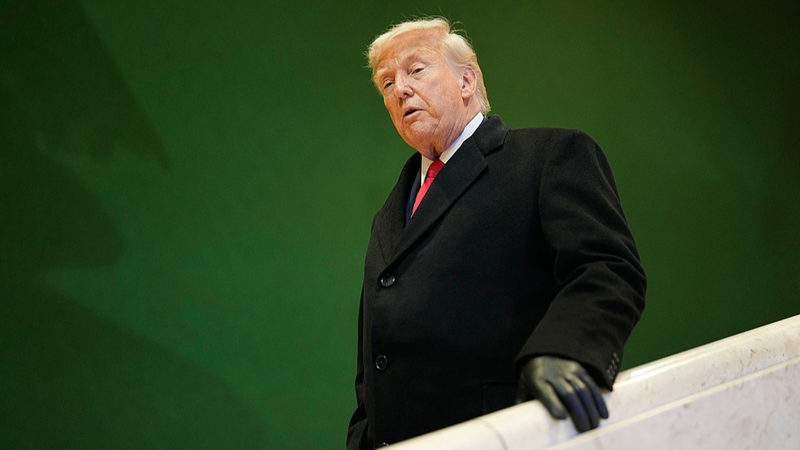In a dramatic twist, U.S. President Donald Trump hinted at a new tariff on pharmaceuticals during a major gathering, raising alarms across the globe. The announcement has sparked concerns that these tariffs could drive up drug prices and deepen shortages of essential medicines. 💊
Industry experts warn that the added costs could hit generic drugs—like much-needed antibiotics—hard, potentially forcing manufacturers to halt production. At the same time, expensive brand-name and biotech medicines might suffer reduced profit margins, leaving less available for research and future breakthroughs.
The China Chamber of Commerce for Import and Export of Medicines and Health Products noted that a vast majority of medical consumables, devices, and rehabilitation products now face tariffs, with cumulative rates piling up due to previous U.S. levies. This situation poses a significant challenge to healthcare equity worldwide, threatening the stability of the supply chain and access to low-cost treatments for vulnerable populations.
Experts like Xu Ming from Peking University's Institute for Global Health and Development have warned that a tariff-driven trade war could disrupt global public health markets. With rising raw material costs and strained international relations, low-cost procurement—vital for UN agencies and NGOs—may be compromised. The recent withdrawal from the World Health Organization on his return to the White House further exposed vulnerabilities in global health systems.
Similarly, Zhou Qing'an from Tsinghua University emphasized that the damage dealt to the global aid mechanism and public health governance will take a long time to rebuild. The U.S. reliance on European pharmaceuticals, with annual sales in the tens of billions, only adds to the complexity. Analysts fear that these tariffs could lead to production cuts, layoffs, and ultimately, a reduction in patient access to essential medicines. 🌍
As the global community watches these developments unfold, there is an urgent call for balanced reforms and enhanced international cooperation. In today’s fast-paced world, a coordinated approach is crucial to ensure that both innovation and equitable healthcare remain accessible for all.
Reference(s):
U.S. tariffs on drugs to damage global health governance, experts warn
cgtn.com




